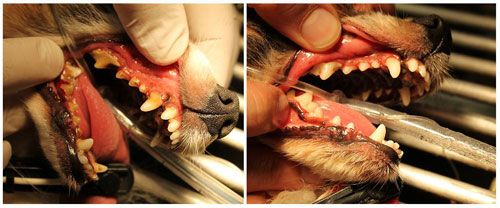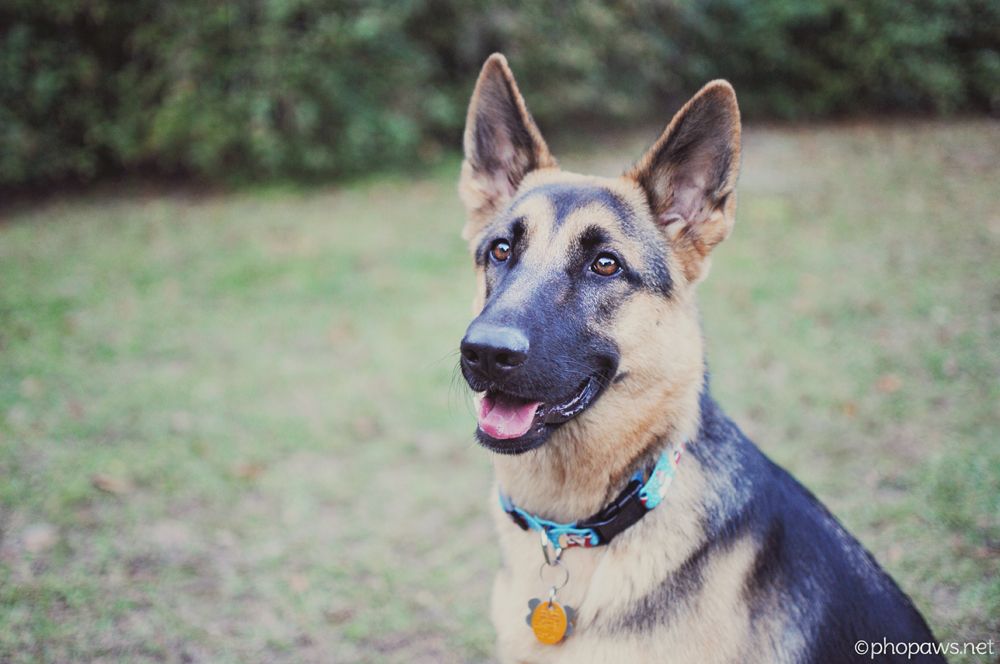
Dental Care And Your Pet
Proper dental care is important for your pet’s overall health. Daily tooth brushing is the best way to prevent the accumulation of plaque and tartar. Plaque reducing treats, food, and water additives are also available. Your pet’s dental care is in your hands! It is estimated that 80% of pets over 3 years of age display signs of dental disease. A large population of dog and cat owners does not realize their pets have periodontal disease.
Gingivitis is an inflammation of the gums and, with proper dental care, is the only reversible form of dental disease. Periodontal disease causes permanent damage to the teeth, including ligament attachment, root exposure, and gum recession. Plaque formation causes bad breath and is the first stage. Advanced stages can result in discomfort for your pet and tooth extraction is often the only treatment. The excessive odor-causing bacterial formation that occurs with dental disease can affect all your pet’s organ systems by circulating in the bloodstream. Toy breeds are more prone to periodontal disease because they have shorter tooth roots and bacteria destroy a greater percentage of the tooth.
Dental cleaning and polishing are not just for appearance! You can discuss the best options for your pet dental care with your veterinarian or staff member.
What can be included in dental cleaning at Countryside?

Every patient gets a full physical health evaluation to determine the best treatment protocol and consultation with the veterinarian to address any questions or concerns.
Pre-anesthetic blood testing evaluates your pet’s liver and kidney function, platlets, white blood cells, and clotting times. This overall health overall health screen assists in determining anesthetic protocols.
- An IV catheter will be placed and IV fluids will be administered during the procedure and recovery.
- We carefully monitor heart rate, blood oxygen level, and temperature for your pet’s safety.
- Dental Radiographs are taken to assess all roots and the jaw to ultimately determine if extractions are needed
The administration of pain management injections for your pet’s comfort.
The procedure includes scaling, cleaning, polishing, and extractions. This is essential for cleaning bacteria from under the gumline, a place often missed by brushing and non-anesthetic dental.







